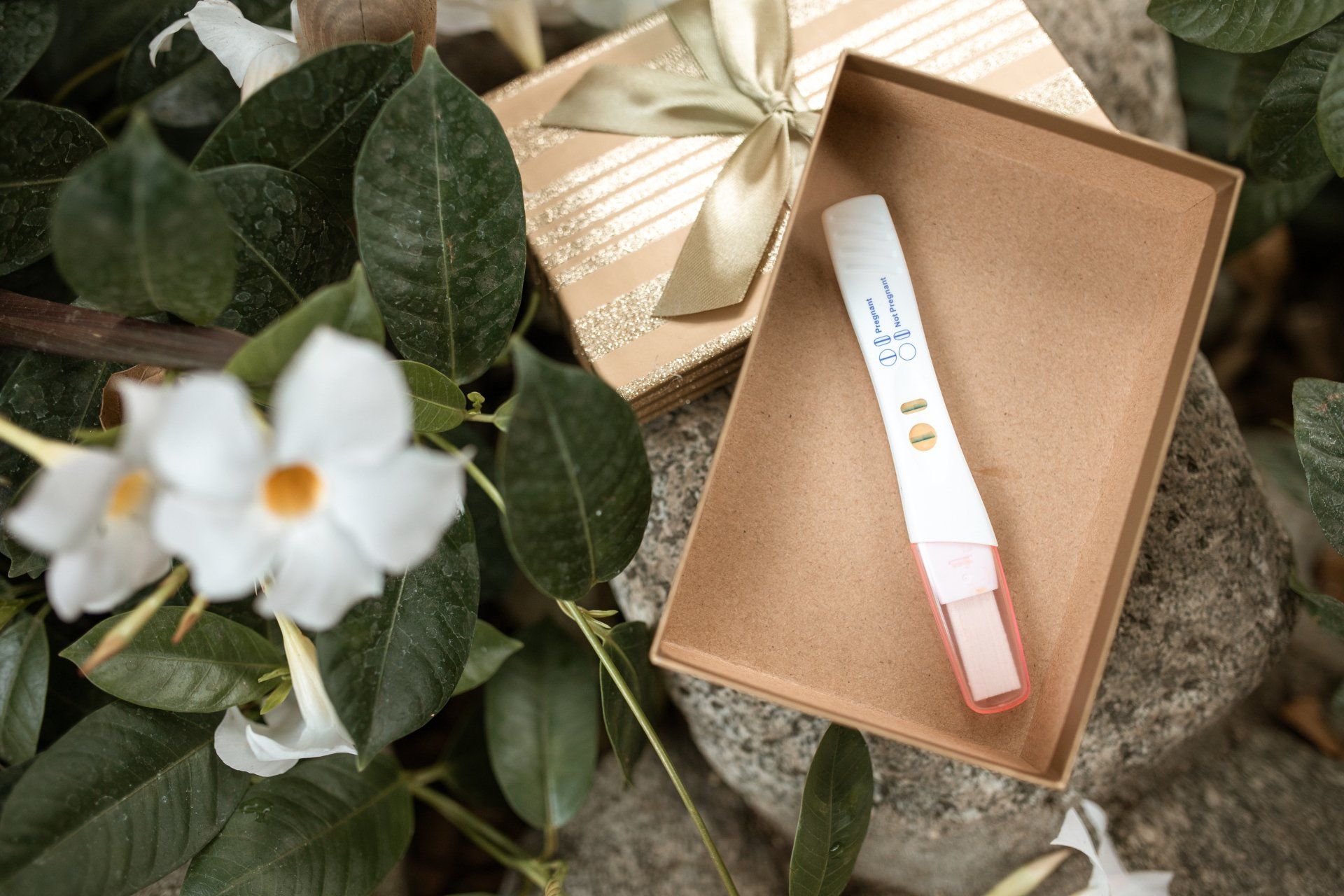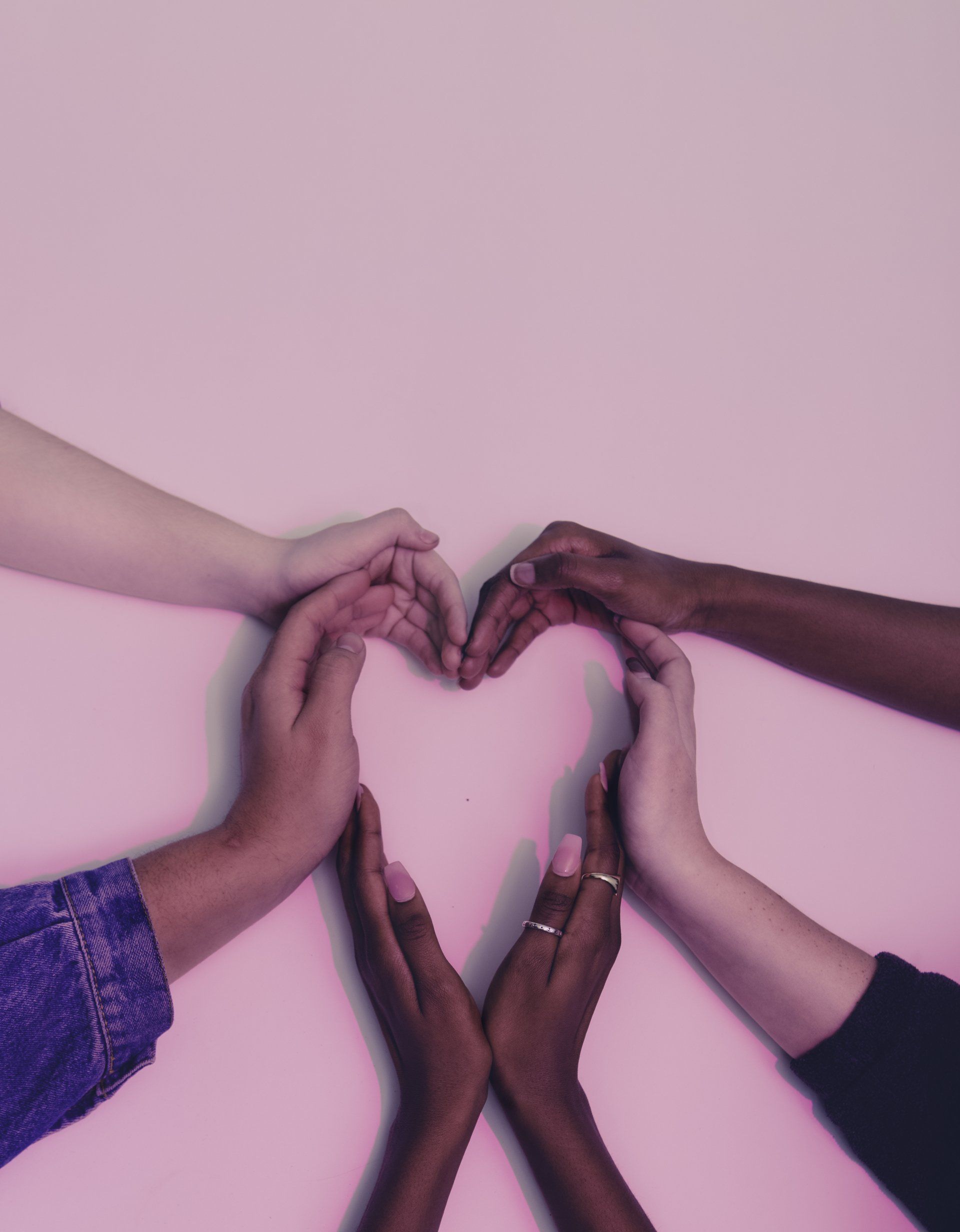Grieving the Loss of a Loved One While Embracing a New Normal
My Loved One Died....So Why am I in Purgatory??
Whether it be a sudden loss or a loss after a period of time (i.e.- declining health, disease), pain is inevitable. Losing a loved one can feel like losing a piece of yourself. Numbness, displacement, confusion, helplessness, anger, and sadness are just some of the feelings experienced by those in mourning. The days, weeks, and months following can feel like a hellish price that you may feel like you're paying for some previous wrongdoing. Let's face it: once a loved one rests in peace, their loved ones live in a world where it's anything but peaceful. Living without a loved one is adjusting to a new normal that a lot of people may not want to do or are not prepared to do, and while some people within your support system may be well-intentioned, everything from timing to execution can seem all wrong.
Grief can be extremely complicated for different reasons, and there really is no 1 correct way to grieve, let alone to "move on". The reason why I put "move on" in quotations is because you never fully move on, instead you learn to live a new normal without your loved one being physically present. At that stage of grief, you are living life according to your own rules and not solely by anyone else's rules. When it comes to grief, there are a few things to remember so as to make the process less stressful:
1.) Try NOT to control your grief. We can give ourselves time to grieve but shutting it off and on like a faucet is not the healthiest way to handle feelings of any kind.
2.) Make time to grieve or to allow yourself some down time. You may find yourself needing time for yourself or to be by yourself and that is okay.
3.) Everyone grieves differently. You may not be the "crier" or the one who shuts down emotionally, or even the angry one who shouts, and that's ok. You may be the one whose grief ebbs and flows; and much like tides and currents, we must flow with our grief. As long as you allow yourself time to feel your feelings, you provide yourself an outlet.
4.) Provide yourself with additional outlets and coping skills to help yourself through the low times. Try watching tv/movies, listening to music, reading books, listening to podcasts, cooking/baking, crafts, exercise, meditation, yoga, journaling, etc. These skills are not just good for stress, but they provide creative outlets for emotions that may need to be released. It is all self-care.
5.) There is no set time limit on one's grief. There are times when your grieving may change intensity or form, but your grief will change course when you gain strength and motivation to change its course.
6.) The way you socialize may change. You may not be motivated to socialize, or you may notice that you socialize differently. You may notice that you don't feel like your usual self, and it may change how (or if) you respond to friends and loved ones, prioritizing qualities and traits that you probably never considered to be as important prior to your loved one's passing.
Ways To Embrace a New Normal:
1.) Begin some new traditions and routines. You may find yourself trying new things as a way of creating a new routine for yourself. You may also incorporate new traditions or rituals as a way to incorporate the memory of the person you lost.
2.) It is ok to keep some old traditions, rituals, physical reminders present. If it brings you comfort and joy, then it is something worth keeping as a part of your life.
3.) Try to maintain a portion (if not all) of your daily routine, pre-death. Doing so can help you to stay connected in some areas and reconnect in others.
4.) Maintain close connection with your support system and expand upon that system as you see fit. You may find yourself joining a support group, a meetup, or making friends through everyday interaction.
5.) Try not to look for a "replacement" for your deceased loved one. It is possible for those in mourning to consciously and unconsciously look for people to replace the person they lost by way of placing heavy and even unrealistic expectations on those around them. Instead pay attention to the support system around you and prioritize the kind of people, traits, interactions you need around you to bring a sense of balance to your life. You don't need a replacement, instead you may want or need someone who embodies key characteristics that brings balance to your life (i.e.- patience to your impatience, emotional availability to your guarded vulnerability, calmness to your anxiousness or chaos).
6.) Embrace patience. You may not return back to your normal self 100%, but you may recover a majority of your old self. Try not to panic or rush the grieving process. You are healing emotional wounds and with that comes a thicker skin, a new outlook, and possibly clarity where there was once confusion or oblivion. Give yourself time to embrace "you" and see what new normal unfolds.







